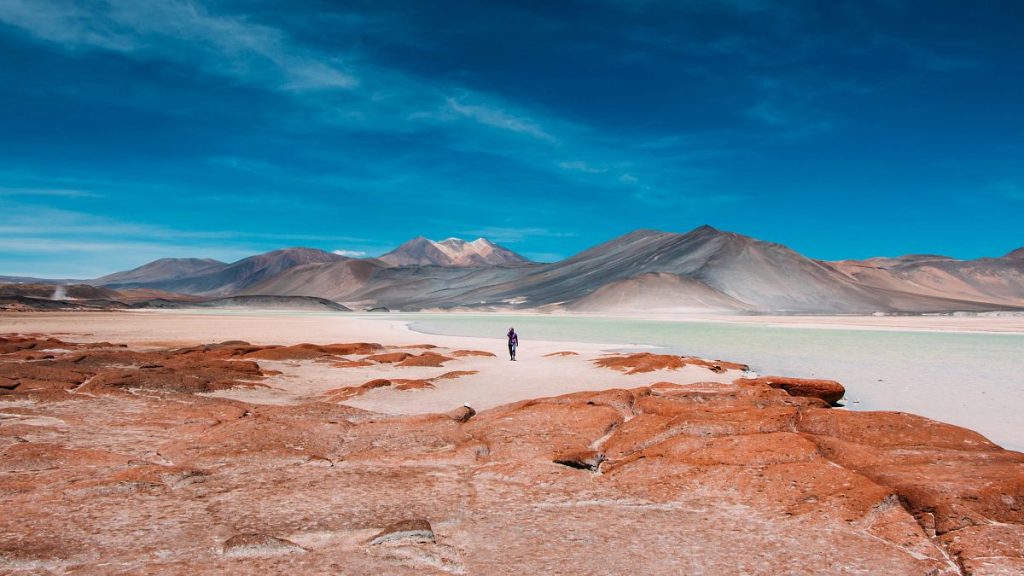Chile is increasingly positioning itself as a destination for environmentally-conscious tourism that not only celebrates the country’s stunning natural landscapes but also supports local communities. With its remarkable geographical diversity—ranging from the Atacama Desert, the driest desert in the world, to the captivating fjords and glaciers of Patagonia—Chile is a treasure trove for adventure seekers and nature enthusiasts. As the nation embraces a more sustainable approach to tourism, it aims to protect and preserve its unique ecosystems and biodiversity while enriching the lives of local inhabitants. This endeavor reflects a growing global awareness surrounding the benefits of responsible travel.
The diverse landscapes of Chile provide a unique backdrop for various outdoor activities, making the country an attractive destination for tourists. In the northern regions, the Atacama Desert presents an unpolluted environment ideal for stargazing, allowing visitors to experience the universe’s wonders devoid of city lights. Conversely, the south offers expansive natural parks like Patagonia Park, which has seen improved infrastructure with updated trails and designated dark-sky sanctuaries. Travelers can explore the picturesque Route of Parks, which guides them through breathtaking sights from Puerto Montt to Cape Horn. Additionally, wine lovers are drawn to the Colchagua Valley, where they can engage in wine tours that highlight the harmonious relationship between the area’s vineyards and its environment.
Chile’s commitment to sustainable tourism is demonstrated through a range of initiatives and campaigns aimed at fostering responsible travel. The Chilean tourism board is focused on attracting high-spending tourists who appreciate eco-friendly travel options, which aids in protecting the country’s fragile ecosystems. This strategy not only enhances tourist experiences but also ensures that these experiences have a beneficial impact on local communities. By promoting sustainable travel practices, Chile seeks to create a tourism model that prioritizes environmental stewardship while still delivering enriching experiences for visitors.
To boost the momentum of sustainable tourism, Chile is expanding the size of its protected areas and investing in rewilding projects that restore natural landscapes. The country is fostering partnerships with local communities, which play a vital role in conservation efforts, thus ensuring tourism contributes positively to local economies. Various hotels and tours have adopted low-impact practices that safeguard natural resources and mitigate environmental damage. This collaborative approach emphasizes the importance of balancing tourism growth with ecological preservation, enabling communities to thrive alongside their natural surroundings.
While overtourism has not significantly affected Chile, the nation remains vigilant in monitoring the impact of visitors on fragile ecosystems. By promoting lesser-known destinations and implementing visitor limits in popular national parks, Chile is ensuring that cherished natural areas retain their charm without being overwhelmed. This initiative encourages tourists to explore hidden gems rather than only popular attractions, further promoting a sustainable travel culture that cherishes all of Chile’s remarkable landscapes.
In terms of accommodations, the Chilean tourism board is advocating for eco-friendly lodgings, such as Awasi Patagonia and Explora Atacama, which embody sustainable practices. By offering travelers environmentally-conscious options, the country is paving the way for a new standard in tourism, one that prioritizes the health of the planet and supports local communities. As Chile continues to develop its sustainable tourism initiatives, it is setting a precedent for how countries can effectively manage tourism in harmony with nature, ensuring that future generations can enjoy its incredible beauty.














